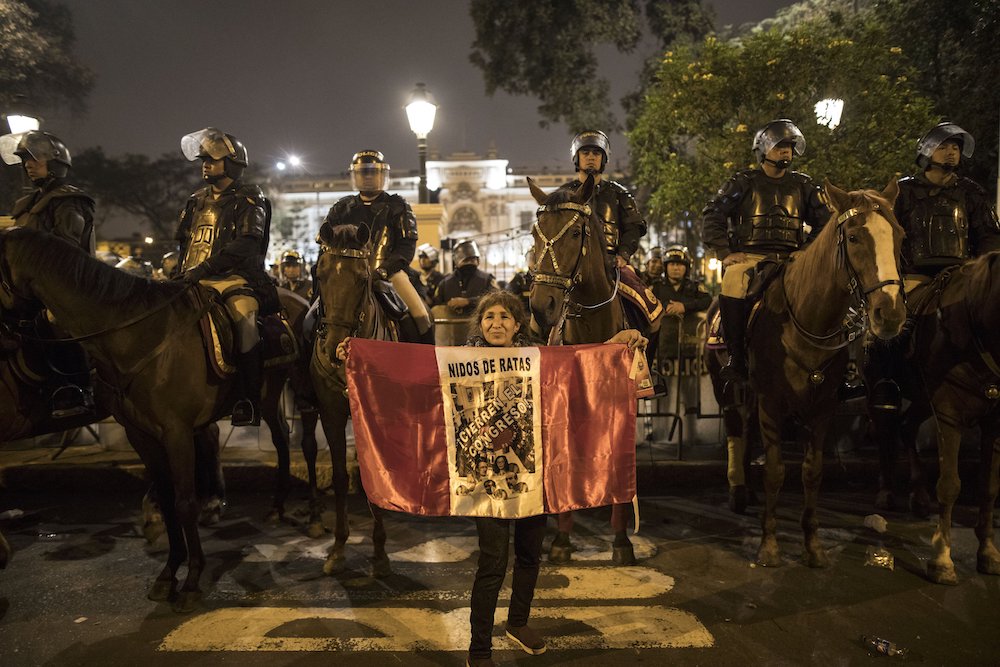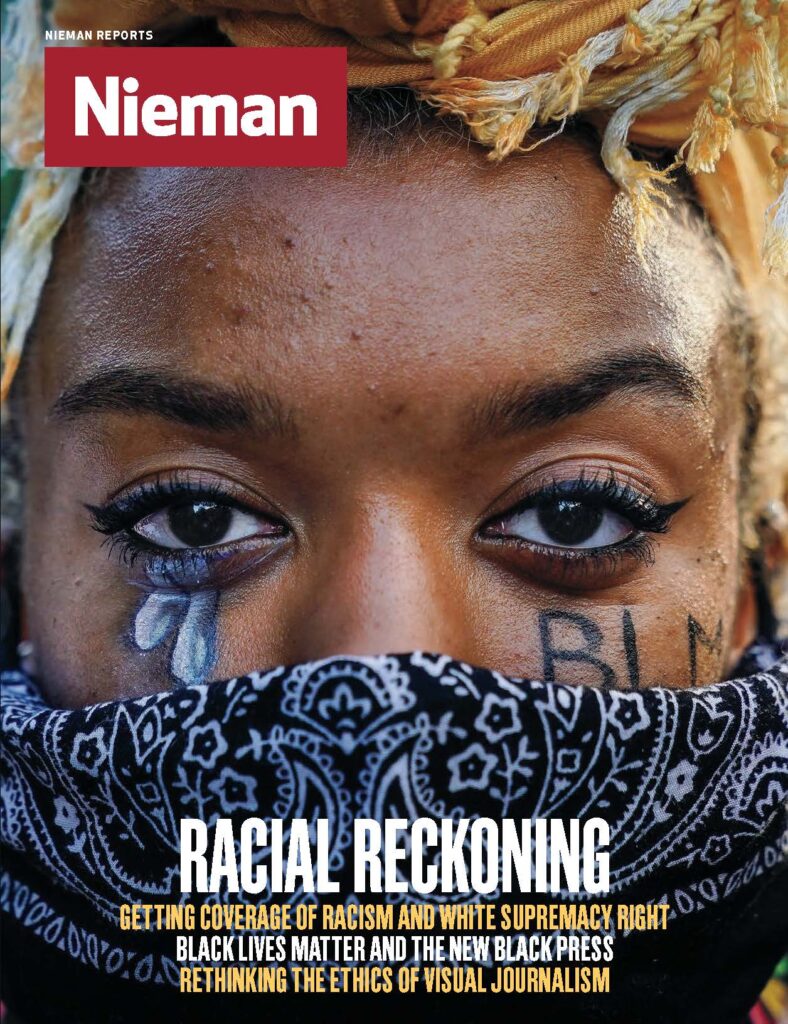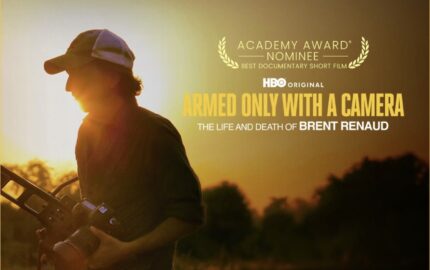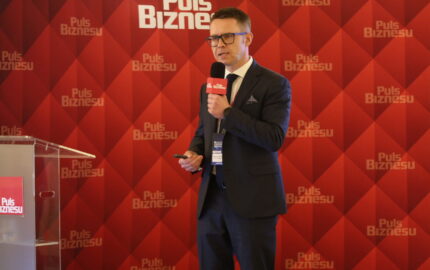Of the many investigations we published, two had resounding effects and brought about major changes and reforms in the country. The first was the Lava Jato case in Peru, uncovering a massive corruption system in which a cartel of construction companies led by Brazil’s Odebrecht, corrupted, among many others, every president Peru has had this century except two. The second related investigation that we launched in 2018 into corruption in Peru’s judicial system led to major changes not just in the judiciary but throughout the government in Peru. A new elite team of prosecutors energetically advanced the case.
Never before in Peru’s history had a corruption investigation reached so deep, so wide, so high. Four former presidents were charged with corruption as was the leader of the then majority opposition party, two former mayors of Lima, several governors, and former ministers. Peru’s top businessmen and bankers and several of their lawyers, after several months of denials, jostled to exchange confessions for leniency.
Popular support was also unprecedented, first for the investigative journalists, then for the prosecutors. To a large extent, it shielded the latter from being purged by their corrupt superiors. They tried, in fact, and failed.
By late 2018, the corrupt circles put together a strong counteroffensive, which soon became very vicious. When IDL-Reporteros published evidence proving that former President Alan García had received hidden payments from a cartel of Brazilian construction companies, his party apparatus launched a smear campaign against IDL-Reporteros, mostly focused on me. The ultra-right coalition that controlled Congress at the time joined in the campaign using trolls and bots attacking with lies and insults.
After García committed suicide as police came to his house to arrest him on a judge’s order, the attacks escalated. While some politicians accused me of having “pulled the trigger” in García’s gunshot suicide, trolls and other agitators used the hashtag #DeathtoGorriti.
Soon a hostile mob came to our offices shouting, among other things, anti-Semitic slogans against me. They came three or four times to IDL and also tried to harass me and other IDL personnel at public events. They even physically attacked José Domingo Pérez, the prosecutor in charge of the more important cases.
Fortunately, IDL-Reporteros’ journalists are required to take self-defense and security training so we were prepared to fight back, and we arranged for serious security when needed.
We identified, investigated, and exposed the organizers and leaders of the attacks. We sued the most vicious defamers. Usually defamation suits are brandished against press freedom. We used them to protect press freedom and bring gangsters to justice. Many of those sued got cold feet, recanted, and apologized. Some cases are ongoing.
All in all, there are many bright points. The overwhelming majority of Peruvians support our investigation. And in late September last year at the 11th worldwide conference of the Global Investigative Journalism Network, in Hamburg, IDL-Reporteros was honored with the Global Shining Light Award for our investigations.
Two IDL-R reporters — a millennial and a dinosaur — received the award. Were they both moved? You bet.




